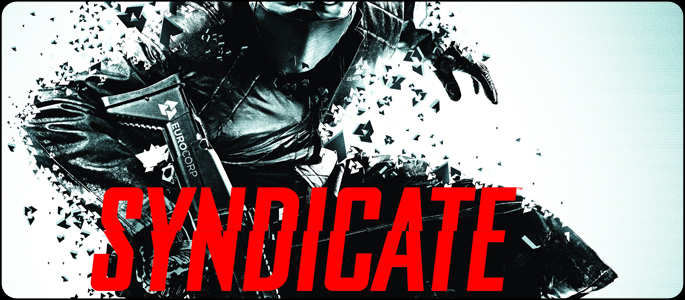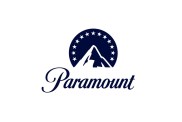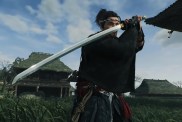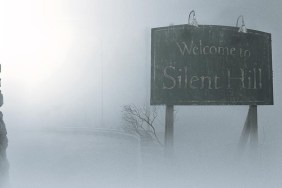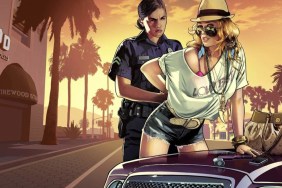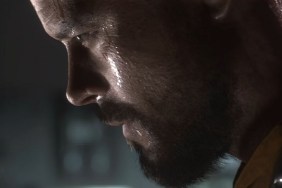The Australian Classification Board (ACB) has labeled Starbreeze’s newest game Syndicate as “RC – Refused Classification”, meaning that, for the publisher to bring out the game in the land down-under, it must edit out some of its original content to bring down the level of explicit material to warrant a rating of MA15+ – something which EA have refused to do. Like the Entertainment Software Rating Board (ESRB), the Australian Classification Board does not have the power to criminalize the domestic sale or production of any banned material, but the ACB is a body of the government and is supported by the federation, giving it the power to ban and restrict any material it sees fit. Any game that receives an RC or becomes banned is placed on the Australian Customs and Border Protection Services Act list, which will stop any importing of restricted items and can carry a fine of up to $110,000.
The rating board has been a cause for debate for a number of years, as the ex Attorney General Michael Atkinson had repeatedly refused to introduce a new rating in the board to allow games to be less generalized. The ACB has maxed out the highest level of possible ratings to MA15+, which would cause any game that fell beyond that rating to automatically be refused classification and ultimately become banned.

Such a low limiting cap of ratings allowed any game that could be deemed to contain material beyond “strong in impact” to be refused classification and become banned in Australia. Atkinson has been quoted saying, “I don’t support the introduction of an R18+ rating for electronic games, chiefly because it will greatly increase the risk of children and vulnerable adults being exposed to damaging images and messages.” Whichever side of the fence you fall on, it is difficult to deny the fact that such a loosely based system prohibits any form of adult content. As easy as it is to point to the immature and outrageous games that have been banned, and say this is the reason to stop the distribution of certain games, to try and justify the thought that all adults in their 30’s are entertained by the same subject matter as a 15 year old, is just absurd.
Below is a list of some games that have been surprisingly banned in Australia for various reasons.
Blitz: The League – Banned due to drug use related to incentives and rewards.
oKame – Refused classification due to relentlessly gory violence. An edited version has been released using the German cut. This version of game is now less violent than its predecessor which was released with a MA15+.
Fallout 3 – Originally banned because of drug use in relation to real world drugs and subsequent connection to its incentive/rewards. Edited world wide due to the insignificant change that was done (the name of morphine being changed to Med-x). Therefore the same game that was rated 17+/18+ in other countries was rated MA15+ in Australia.
 The film Industry has had ratings that go up to R18+ and X18+, which both are allowed to show content that goes beyond the MA15+ and allow “strong content” or pornography. While we are far from having a pornographic rating for the gaming industry, it is archaic to believe that gaming is solely an activity for children and teenagers. As such, on July 22nd of 2011, the Attorney-Generals met and came to a unanimous vote that would introduce the R18+ classification by the end of the year as reported. Although, to this date there seems to be no implementation of the new classification as the Australian Certification Board’s website still states:
The film Industry has had ratings that go up to R18+ and X18+, which both are allowed to show content that goes beyond the MA15+ and allow “strong content” or pornography. While we are far from having a pornographic rating for the gaming industry, it is archaic to believe that gaming is solely an activity for children and teenagers. As such, on July 22nd of 2011, the Attorney-Generals met and came to a unanimous vote that would introduce the R18+ classification by the end of the year as reported. Although, to this date there seems to be no implementation of the new classification as the Australian Certification Board’s website still states:
Classifications of R 18+ and X 18+ are not applicable for computer games
While this is great news, it more than likely will not effect the RC rating given to Syndicate as the ruling will not be rolled back for previously banned games. Starbreeze can potentially remove enough content to be given another ruling, but EA is against the idea. Tiffany Steckler of EA Corporate Communications told Joystiq:
The game will not be available in Australia despite its enthusiastic response from fans. We were encouraged by the government’s recent agreement to adopt an 18+ age rating for games. However, delays continue to force an arcane censorship on games – cuts that would never be imposed on books or movies. We urge policy makers to take swift action to implement an updated policy that reflects today’s market and gives its millions of adult consumers the right to make their own content choices.
The archaic censorship on games is sadly something that looks to continue for some time, and will cost Australian gamers the chance to play games like Syndicate. What do you think of the country’s repeated censorship of games, when they allow violent and adult movies? Share your thoughts in the comments below.
